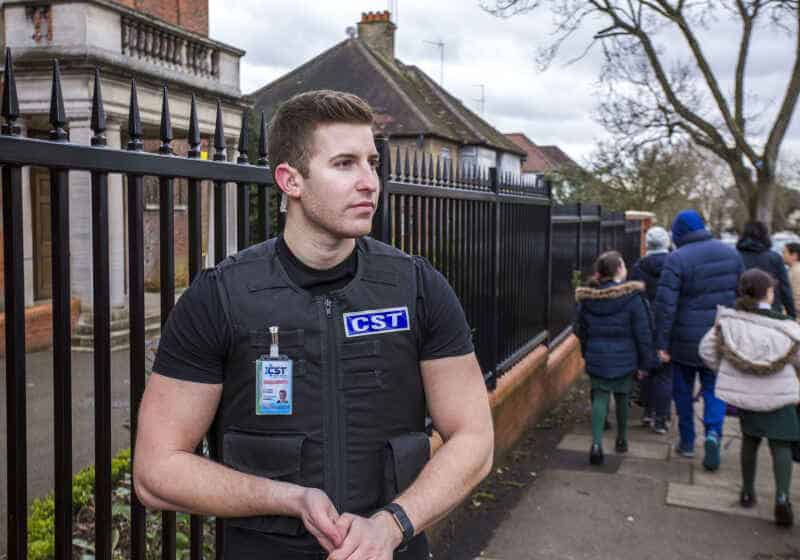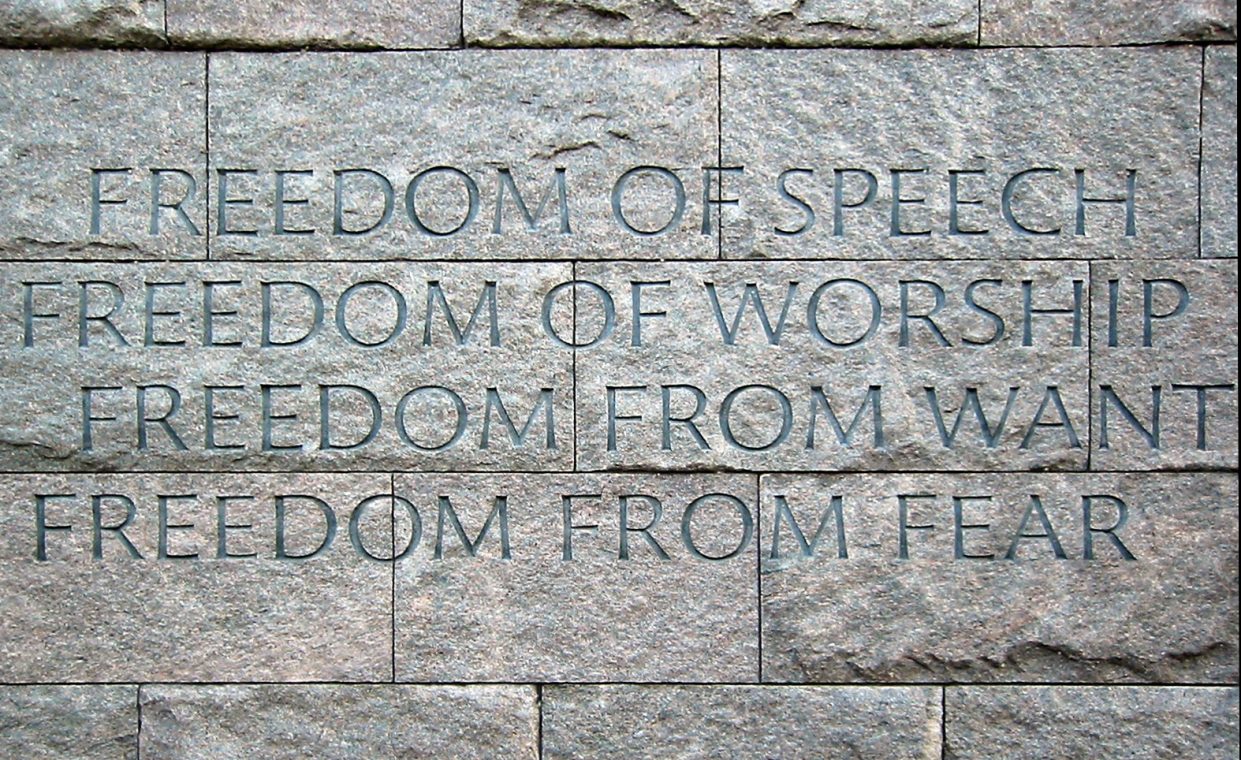
Around the world, religious minorities and communities face growing intolerance and violence because of their beliefs, either in the name of religion or from political and ideological motivations. This trend is deeply concerning as the overall rise in instances of discrimination, intolerance and violence, regardless of the actors, are directed against members of many religious and other minority communities in various parts of the world This has included cases motivated by anti-Semitism, Christianophobia and Islamophobia.
Furthermore, populism has become an increasing trend in politics and society. It has served to foster many forms of hatred against those who are viewed as foreign or simply different. #It is often the case that states, political groups or religious institutions resort to the instrumentalisation of religion or beliefs in order to retain their influence or control and so achieve other political agendas. Fundamentalism is on the rise across the world’s major religious traditions, posing a threat to many human rights.
From an IFFSE point of view, religion or belief should never be used to justify discrimination. When faced with religious persecution or discrimination, victims are often also deprived of their right to participate fully in societal life. This can include the desecration and destruction of numerous cultural heritage sites of rich historic and religious value, such as places of worship and cemeteries.
However, terrorism and violent extremism in all forms and manifestations cannot and should not be associated with any religion, nationality, civilisation or ethnic group as it also undermines the principle of religious freedom.
The fight against discrimination and violence, particularly on grounds of religion or belief, is a main goal of IFFSE. Together with individuals and groups from politics, science, religion and society IFFSE works together to enhance the implementation of international human rights standards that protect individuals against discrimination, hate crimes and violence, and to increase interreligious, interfaith and intercultural initiatives in order to foster religious freedom, security and stability for our societies.

